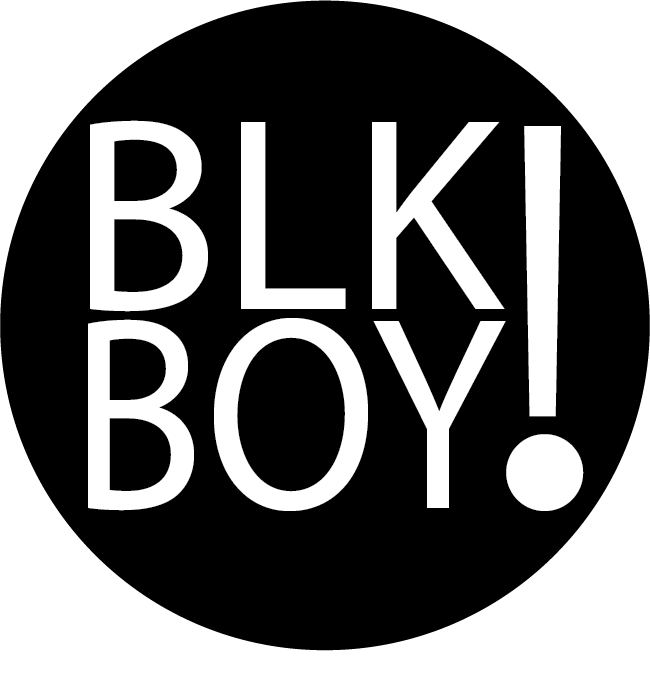I grew up in Philly and started loving hip hop at a time when music executives still thought it was a fad. Rap wasn’t widely accepted as an art form yet, and what young black men had to say was considered so dangerous that radio stations would only play it at night, after the kids went to bed.
Fast forward to the summer of 2011. I was trapped in the belly of Los Angeles, and humbled by life as an independent musician spinning my wheels in the entertainment industry. I was brainstorming titles for albums, came up with Black Boy Awesome, and told my friends that's what my next project would be called. My friends dug it and started to introduce me as "Black Boy Awesome" when we'd go out to shows. A good friend of mine said it was a waste to put a name that good on an album no one would hear. My friends always keep it 100.
My old music manager from Philly lived in Portland, Oregon and suggested I move up here to escape LA for a while. When I arrived, I found a beautiful city of bridges and a niche within a community of artists and musicians that I loved. But I also discovered life as a black man in the whitest city in America. Everyone kept telling me how progressive Portland is, meanwhile I was being pulled over by cops on the regular and feeling the kind of racial tension you’d expect in the deep South.
The not so veiled racism extended to hip hop too. Hip hop is created by and for everyone of all colors, but it is deeply rooted in the black experience, and like all blackness in Portland, it has been criminalized and silenced. There was a period when it was practically illegal to throw a hip hop show in the city. The stigma of rap I experienced as a kid was back, 20 years later, in a city folks call liberal. Police would raid shows and promoters didn't want to book a hip hop bill.
It was during this time that me and Eleanor Ajala decided to turn Black Boy Awesome into a record label. BBA was established to amplify the musical voices unheard. It is an imprint releasing a diversity of urban music, fostering collaboration amongst local artists, and a map of fresh music. We’ll mostly put records out on vinyl because there's not enough of that in the world. We hope that you'll join us in giving some of our selected artist a listen and, if you dig it, spread the word to your friends.
- Kenneth Masters


